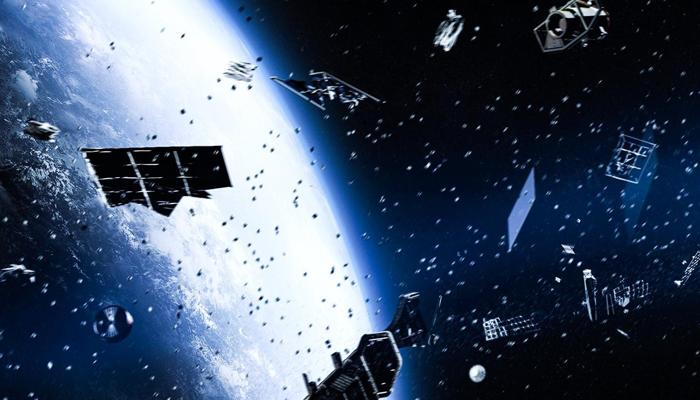Unveil the secrets of planetary protection – safeguarding Earth and alien worlds. Dive into the cosmic hygiene of space exploration!
In the grand cosmic play, Earth is just one stage. But what if we found
life on another stage, say Mars or Europa? Exciting, right? But hold on! Before we jump with joy and send over the next rover or lander, we need to talk about ‘planetary protection’.
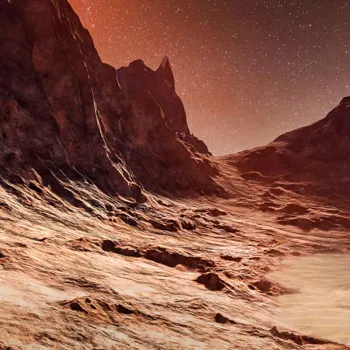
It's not about capes and superheroes, but about being responsible space explorers. Think of it as cosmic hygiene – making sure we don't mess up other planets, and they don't mess us up either!
It sounds like science fiction, but it’s serious business handled by scientists and international space folks.
Planetary protection is about keeping our exploration clean and careful, so we can truly understand the universe without causing harm, and preserving the integrity of scientific discoveries as we continue to venture out into the unknown.
Earthly microbes carried by spacecraft could harm alien ecosystems
So, what's the big fuss? Well, imagine you’re visiting a friend’s house. You wouldn't track mud all over their clean floors, would you? Same principle applies to space. Our spacecraft can carry tiny passengers – microbes, bacteria, you name it – from Earth.
If these earthly hitchhikers land on another planet where conditions are right, they could start growing and spreading. Now, that might sound exciting – “Life on Mars confirmed!” – but it could be a false alarm caused by our own contamination.
Or, worse, these Earth microbes could outcompete any native life that might be there, potentially wiping out entire ecosystems before we even have a chance to study them. We don't want to be cosmic bullies, unintentionally destroying something precious and unique.
Alien microbes pose threat, warrant planetary protection measures
The other side of the coin is just as important. What if another planet has its own microbes, ones that Earthlings have never encountered? While the chances of "killer alien bugs" are very slim (more Hollywood than reality), we can't completely rule out the possibility.
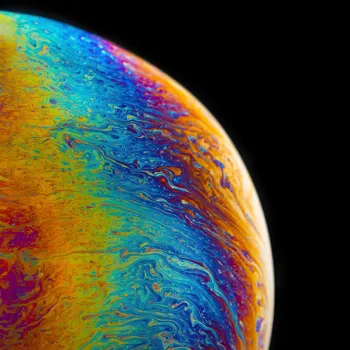
These alien microbes could be harmful to humans or other life forms on Earth. Therefore, planetary protection also involves quarantining samples brought back from other worlds, studying them in secure labs and ensuring that nothing escapes that could pose a threat.
It’s like being extra cautious with that exotic souvenir you picked up on your trip – making sure it doesn't bring any unwanted surprises back home.
International groups like COSPAR set rules for planetary protection based on destination, activities, and potential for life
The rules for planetary protection are set by international groups such as the Committee on Space Research (COSPAR). These rules depend on where we're going, what we're planning to do, and the potential for life to exist there.
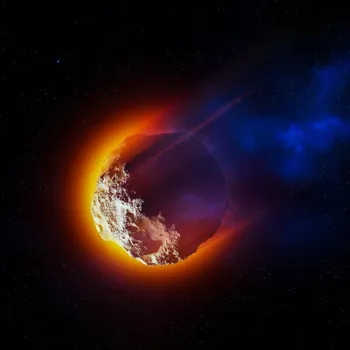
For example, a mission to a lifeless asteroid wouldn't need as much stringent protection as a mission to Europa, one of Jupiter’s moons believed to have a subsurface ocean.
The rules are reviewed and updated regularly with any new scientific discoveries and advancement in technologies to make our space exploration safer and efficient for both, us and any possible existence on other planets.
India's ISRO prioritizes planetary protection in space exploration
India's space program, with ISRO at the helm, also takes planetary protection very seriously. As our ambitions grow, and we aim to explore Mars, Venus, and beyond, following these planetary protection guidelines is paramount.
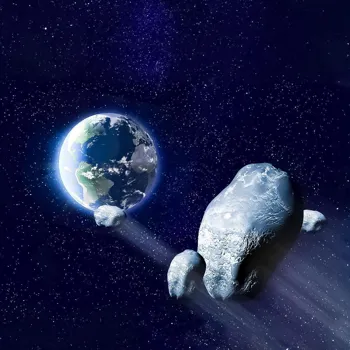
It's about showing the world that we're not just technologically advanced, but also responsible stewards of the cosmos.
It's about ensuring that our quest for knowledge doesn't come at the cost of potentially destroying or contaminating other worlds, or posing a risk to the health of our own planet. Planetary protection isn't just a set of rules, it is an ethical obligation to the future of space exploration.
Planetary protection vital for responsible space exploration
In conclusion, planetary protection is not a hurdle to space exploration, but the pillar of responsible exploration. It is about balancing the pursuit of knowledge with a deep respect for the universe and the life it may hold.
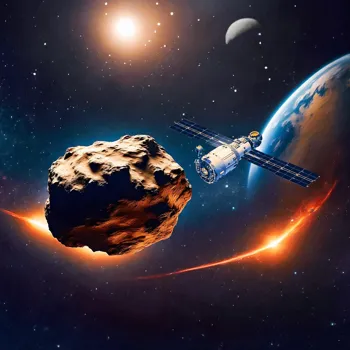
As we continue to reach for the stars, let's do so with care, caution, and a strong commitment to protecting both Earth and other potentially vibrant world in the cosmos.
It ensures that future generations of scientists, explorers, and indeed every human can benefit from our careful exploration of the universe, maximizing gains and minimizing any potential harm that might arise due to the unknown factors of space.
AI Generated Content. Glance/InMobi shall have no liability for the content